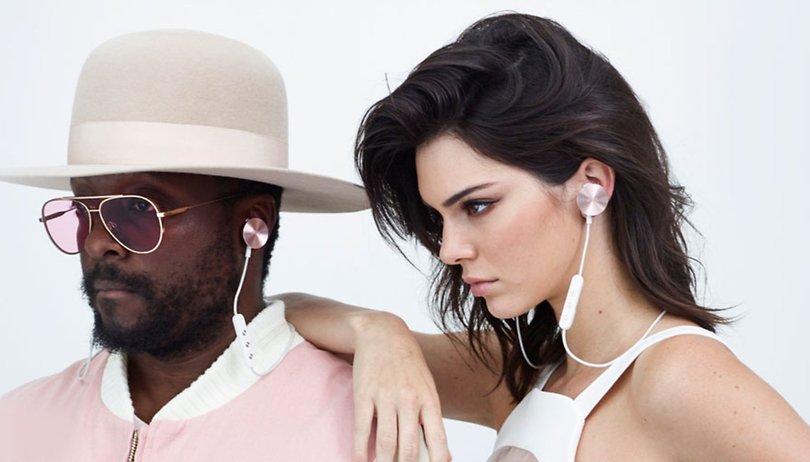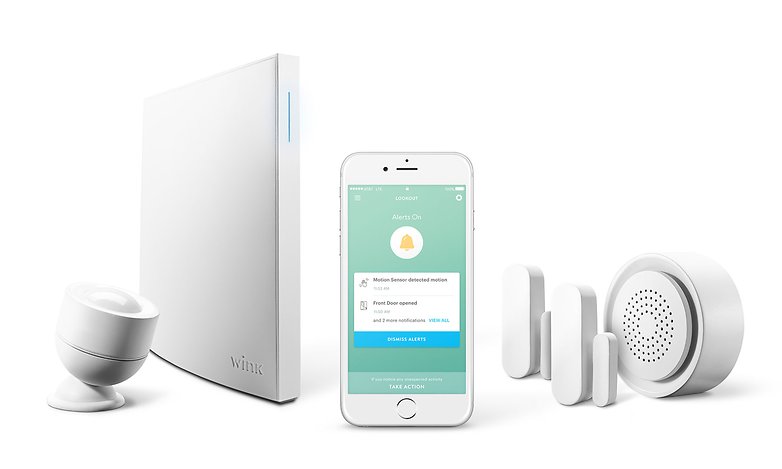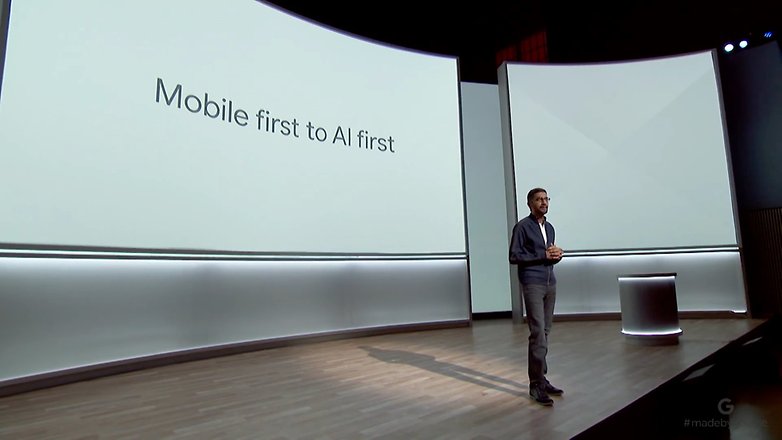Will.i.am is hoping to be the next big thing in voice-controlled AI


William James Adams, Jr., or will.i.am to hip hop music fans, has been dipping his toes in all kinds of tech hardware projects, including artificial intelligence. His digital voice-controlled AI project, called Omega, is not quite what you'd expect, but it's certainly exciting.
Will.i.am is not your typical American rapper or producer. Most famous, perhaps, for being a founding member of the Black Eyed Peas, his journey into the tech world has been an interesting one to follow from our side in the press.
Perhaps inspired by the likes of Dr. Dre and the success of Beats headphones, will.i.am created i.am+, a Hollywood-based tech company with a mission “to create technology hits that creates a ripple effect across pop culture”. The company makes headphones too, but that is just the tip of the iceberg. Alongside an iPhone accessory to improve the quality of photographs, will.i.am’s company has been busy investing in AI.
In 2016, i.am+ bought Sensiya, a machine-learning technology start-up based in Tel Aviv. A year later Wink, a smart home hub platform for all things IoT, was acquired for a reported $38.7 million. Then there’s Will.i.am’s 2018 book WaR: Wizards And Robots, written in collaboration with renowned futurist Brian David Johnson. This is a hobby and a passion for the Los Angeles-born rapper, and he's not doing things by halves.

The most exciting tech project that the singer is involved with, to me at least, is Omega - a voice-controlled AI that is more Scarlett Johansson in the movie Her than Siri or Alexa.
Originally debuted in October last year, Omega is an AI platform built to be contextual and proactive. The idea is that by providing businesses with the tools to develop human-like conversational experiences, Omega can be an infrastructure for enterprise. Speaking at the World Government Summit this month, will.i.am announced a new partnership with the Majid Al Futtaim Group, a shopping mall group in the Middle East.
As part of the deal, Omega will be installed to ‘talk’ to customers in both English an Arabic and will be able to assist with tasks such as booking cinema tickets or searching for items at the supermarket.
Where Omega differs from some of the other, let’s face it, more famous digital assistants, is that it is able to understand the context behind more complex requests. Because it is designed for businesses, Omega can be tailored and customized for different industries from financial services to fashion. Deutsche Telekom is using it to provide customer service to German consumers packaged as a chatbot called Tinka.
Omega is an OS, not a feature
Of the of the most interesting things about Omega is lifted almost directly from the movie Her. Unlike Google Assitant and Siri, which are built into the operating systems Android and iOS, Omega is the OS. That means that the AI can be adapted to fit a wider range of products such as different computer systems, smart televisions and any number of commercial applications.

The other big selling point of Omega is that all learning is done on the individual devices themselves. There’s no data being transmitted back to the company, and no third-party access allowed. It’s a bold vision from what is an unlikely player in the tech hardware business. If will.i.am can pull this off, he could really get a headstart on the market. There’s also talk of a smart speaker on the way too.
Will.i.am himself told TechRadar recently: “Omega started out as a few different form factors, and one of our investors mentioned that we should be working more on getting the software into as many customer touch points as possible.” The singer explained that his company was looking beyond the smartphone to transform with the growing needs of consumers.
Having an impressive demo is one thing…
...but can Omega deliver the goods when it really matters and the thing is on the market? We all remember how impressive Bixby, Siri and Google Assistant looked when we were first shown them. Smooth, flowing conversations between consumers and the AI. Useful, accurate responses coming thick and fast. Appointments instantly booked, the best pizza instantly found…

Anyone who has used a digital voice assistant recently will know that, in reality, it doesn’t always work like that. The Deutsche Telekom chatbot is a good example of how these services can quickly becoming scaled back from what we are promised when they launch. Tinka is a text-based service, not a voice assistant.
We’ll have to wait and see if the hip hop star can pull this one off. On paper, however, it all makes a lot of sense to me. Best of luck to him, I say!
Source: TechRadar




















And yet i never hear of these businesses succeeding on their own merits yet.